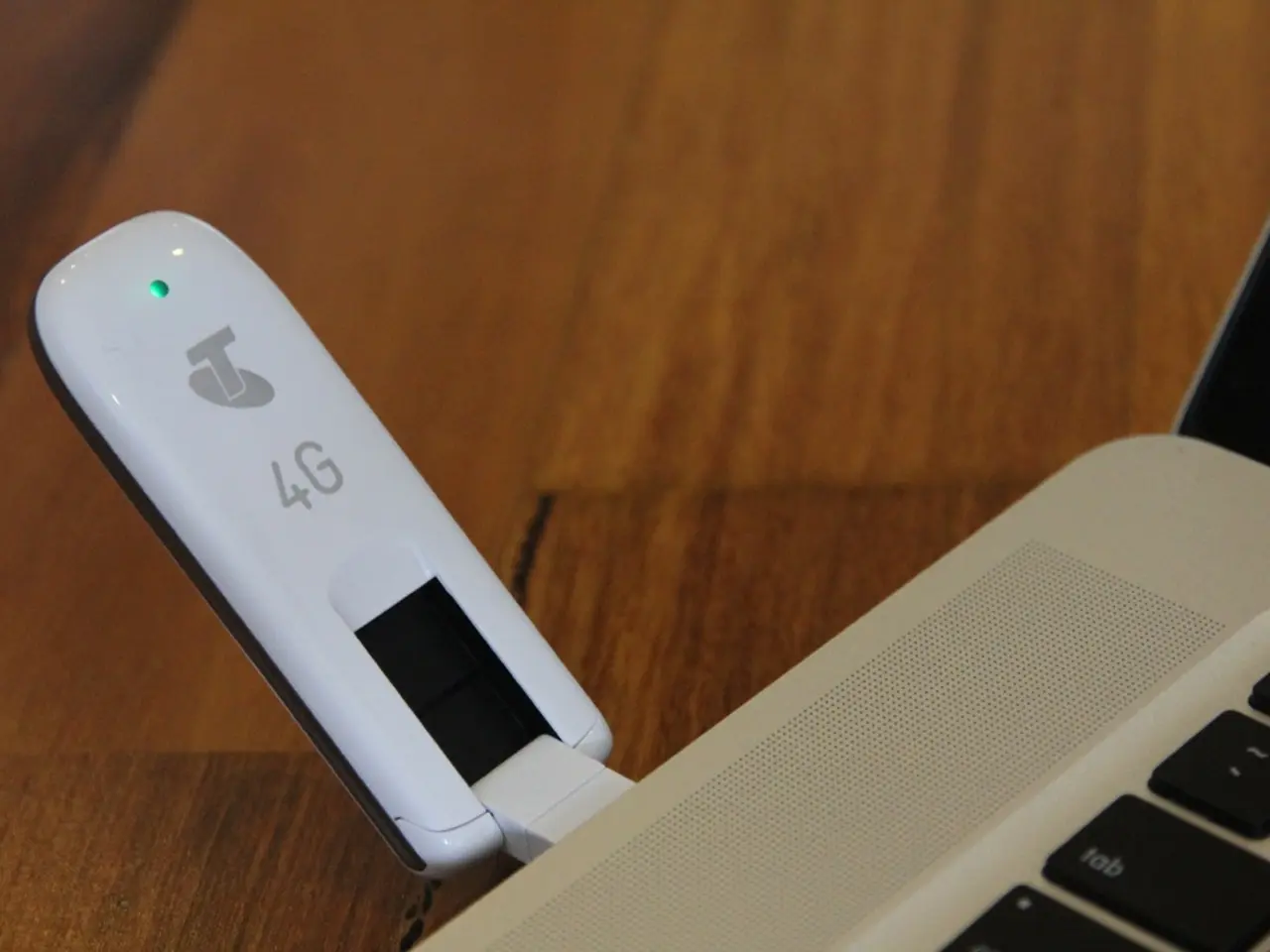Identifying Authenticity: Strategies to Prevent Purchasing Counterfeit iPhones
Securing a Legitimate iPhone: A Savvy Guide to Avoiding Fakes
An iPhone is a sought-after gadget, loved for its convenience, superior camera, seamless system, and fashion-forward design. However, Apple's high prices make scoring a new model a challenge for many. In this quest for affordable tech, many fall prey to imitation devices. This article equips you with the knowledge to spot a phony iPhone from a mile away.
It's common to encounter attractive offers from unofficial sellers, online markets, and social media ads. These risky avenues could result in getting your hands on a dud that starts showing signs of trouble just days after the purchase. How do you dodge this fate?
Authenticating Your iPhone
1. Visual Inspection
The first impression matters, and with an original iPhone, it's all about the packaging. A genuine iPhone arrives in a solid, neat box with clear printing and even edges. The Apple logo is cleanly printed, without any blurring or peeling. Shoddy counterfeits may display slight differences in color, font, or text alignment. The packaging size might also vary slightly from genuine products.
New "iPhones" no longer come with a charger – only a cable, along with instructions and a SIM eject tool. Be cautious if an adapter is included. Inspect the device's weight and build quality - all parts should fit snugly, without gaps. A genuine iPhone sports a vibrant display with natural color reproduction and a sensitive sensor. Buttons should work smoothly, sans any play, and sound quality should be crisp. If faults crop up, such as blurry images, distortions, or slow response times, consider it a warning bell.
2. IMEI Verification
Every iPhone has a unique IMEI (International Mobile Equipment Identity) code. You can validate an iPhone's authenticity by checking this code on Apple's website: checkcoverage.apple.com. If the site deems the device not found, it's likely a fake or an unauthorized model meant for another market. Apple's site might even display an unactivated device – but with a note that the warranty period hasn't started yet.
Ensure the serial number matches across the box, device, and phone settings, as counterfeiters often assign fabricated serial numbers to create an illusion of authenticity.
3. Device's Behavior After Switching On
Counterfeits may resemble the original iPhone in appearance but ultimately fall short when it comes to functionality. After the device boots up, observe whether it lets you log in to your Apple ID, access the App Store, and sync with iCloud. On a genuine iPhone, pre-installed apps cannot be deleted; they can only be hidden. Be on the lookout for lagging, artificial delays, or strange app behavior – these are clear indicators of a counterfeit.
Buying Smarter: Best Practices
While it's tempting to snap up a bargain, remember that a lower iPhone price is a red flag. Don't mistakenly assume that high-priced sellers are trying to rip you off, while others are honest.
Be wary of sellers with no physical store, website, or social media presence with few or suspicious reviews. If a seller offers delivery without the possibility of a meaningful conversation, it raises a red flag.
A reputable seller will welcome the opportunity to let you inspect the device, test its functions, and show its authenticity. If you're sold a packaged phone without the option to verify its contents or turn it on, that's a bad sign.
Where to Buy Your iPhone Safely
The safest bet? Purchase your iPhone from official Apple stores or trusted dealers. This may mean paying a higher price, but you'll walk away with a real device backed by service, support, and peace of mind.
Look for a store with a physical location where you can view the product, ask questions, and pick up your purchase in person. A solid store should offer after-sales assistance, have a contact number, and be around after the sale to address any concerns.
Separating Authenticity from Duplicity: A Stress-Free Decision
Don't let uncertainty plague you – choose trustworthy stores stocking original iPhones and other tech products. For instance, Kampit offers genuine iPhones, MacBooks, and accessories from reputable brands.
Kampit boasts a physical store where you can examine the latest offerings, test the devices, obtain documents, and enjoy after-sales support. This ensures you make an informed decision, knowing exactly what you're investing in, especially when purchasing a gift or for professional use.
Counterfeits Aren't Just Risky, They're Costly Mistakes
Beware of the financial and data security risks associated with fake devices. Counterfeits may malfunction at inopportune moments, leaving you high and dry – potentially exposing vital information like bank details, work projects, and personal files. Genuine products, on the other hand, offer quality, reliability, and above all, peace of mind. Stay vigilant, and share your experiences with fake devices in the comments section to help keep others safe!
- The packaging of an authentic iPhone is solid and neat, with clear printing, even edges, and a cleanly printed Apple logo without any blurring or peeling.
- If the device's IMEI number, as checked on Apple's website, does not correspond with the site deeming it not found or displaying the device as unactivated but with the warranty period yet to start, it's likely a counterfeit.
- After switching on a genuine iPhone, it should allow you to log in to your Apple ID, access the App Store, and sync with iCloud, while pre-installed apps cannot be deleted; they can only be hidden.
- To avoid falling prey to fake iPhones, buy your iPhone from official Apple stores or trusted dealers, look for a store with a physical location where you can view the product, ask questions, and pick up your purchase in person, and be wary of sellers with no physical store, website, or social media presence.





